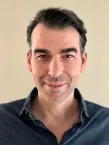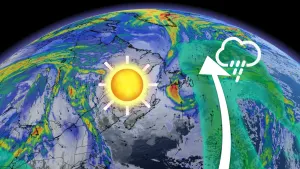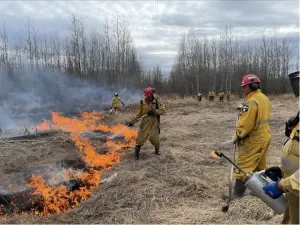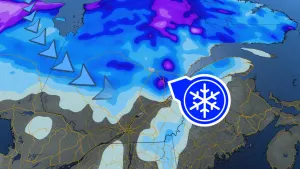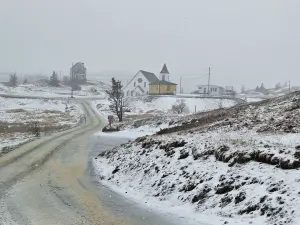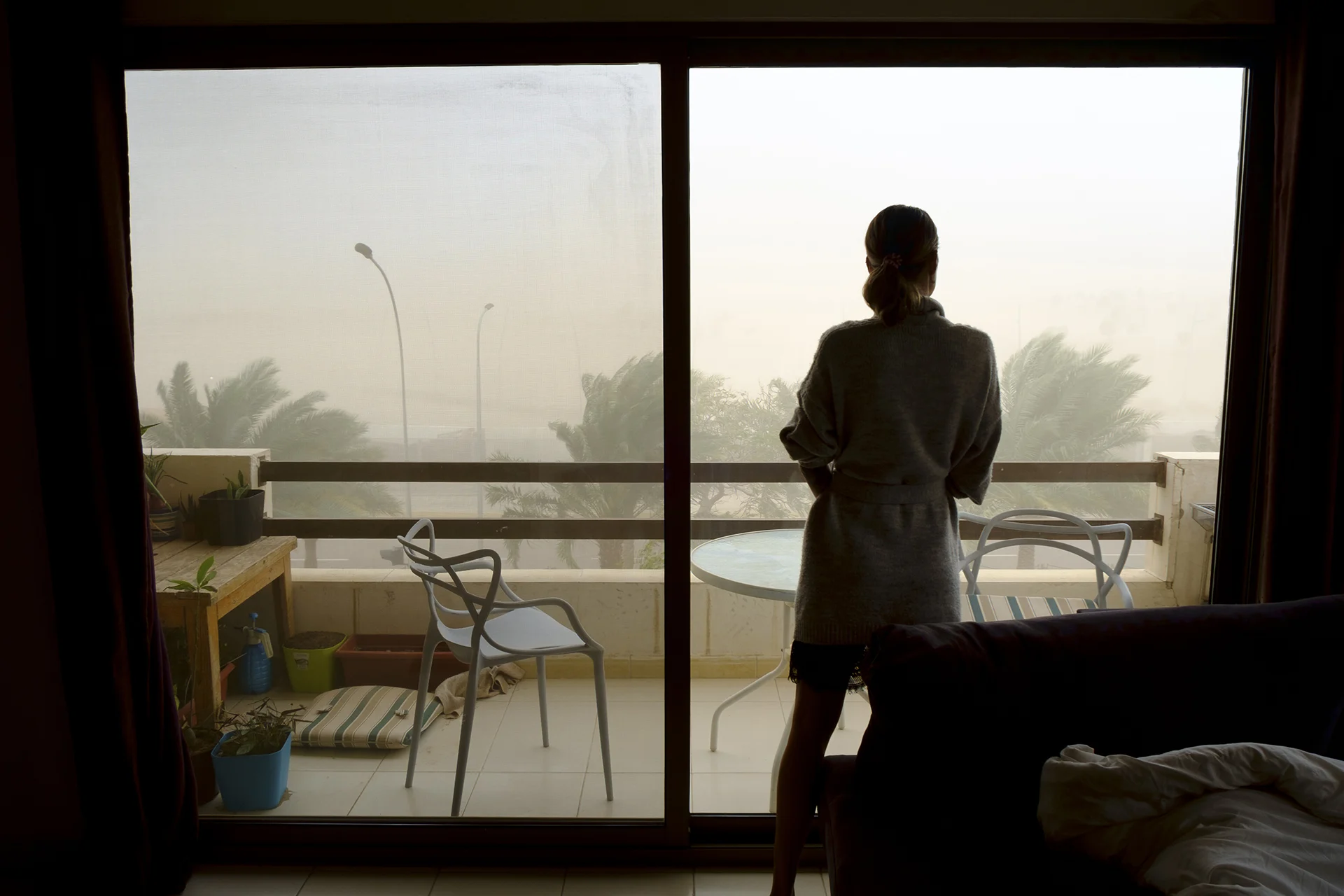
Today's weather is different than what our grandparents saw
Environment and Climate Change Canada’s David Phillips says that the weather we are experiencing is significantly different from what our grandparents saw several decades ago.
After more than half a century of tracking climate change, one of Canada’s top climatologists weighs in with some simple insight.
For David Phillips, a Senior Climatologist for Environment and Climate Change Canada, what has changed throughout his 50-year career is what people observe happening outside their window.
According to Phillips, “climate is abstract, and it’s academic.” What really matters is “what is experiential,” and since “we’re hardwired to weather,” that’s what influences our decisions.
Philips chooses to focus on the millions of decisions Canadians make each day. How do we dress our kids before they go to school? Do we pour concrete today or tomorrow? And, what day is it best to take the lobster boat out? These decisions are all based on the weather and how the weather affects our lives. But, these decisions are “different now than they use to be,” says Phillips. “That's because our climate is changing our weather.”
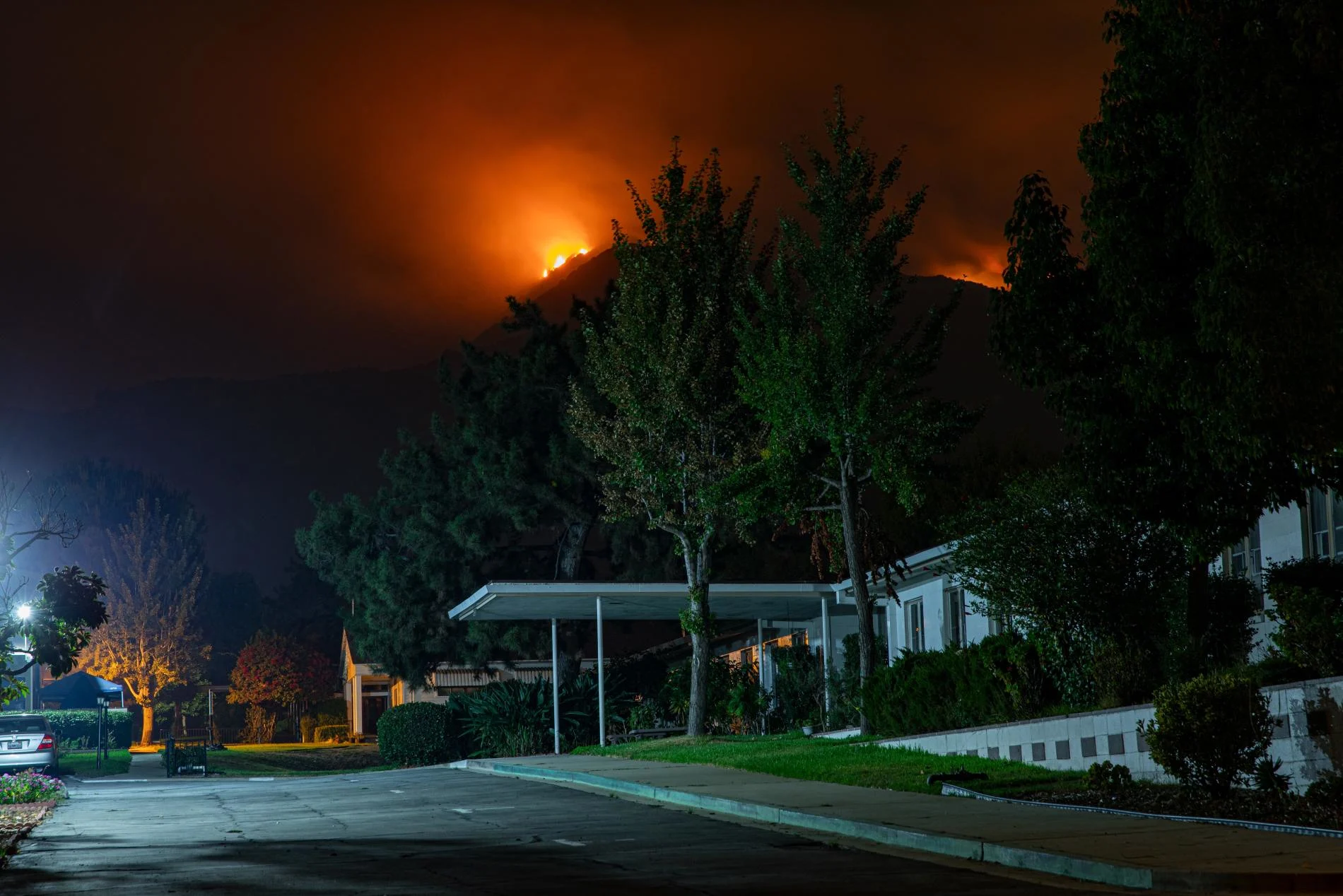
California’s Bobcat Fire in 2020. Wildfires are becoming increasingly common and severe as the atmosphere warms. Credit: Nikolay Maslov via Unsplash
Phillips thinks it’s best to approach the prevailing conversation about climate change by paying attention to how the weather is indeed changing. After all, Phillips asks, “what is climate? “It’s the statistics of weather. That’s the definition.”
What is more, for Phillips, is that when we look out the window, we don’t see the climate. Climate is “invisible in a way.” “If it’s an enemy, naturally, people have to see it.” Phillips relates our response to the COVID-19 crisis to make his point clear. Because we have made this pandemic “a bright red blob, that says evil, and we have to do something about it, people are talking about the virus as if they have this vision of it.” Phillips believes this is why people can get motivated. But, the “climate suffers from that,” he says. “We can’t really see it as such. It’s a trend over long periods of time, and who keeps track of trends other than climatologists.”
Climatologists like Phillips are very aware of the climate’s natural variability. These same scientists continue to stress the importance of attributing climate change effects on the weather through unequivocal scientific data. In fact, Phillips thinks “attribution is a real burgeoning area of climate change science” that might help people engage in climate change because they “feel more responsible for it,” as the weather is affecting their lives on a daily basis.
That the weather is having such an effect on all of us is part of Phillips’s core messaging and was a topic of discussion in his webinar that was held on Nov. 17th.
Phillips notes that the same old weather that affected our grandparents is going to come up, but that weather is coming back “out of season and out of place” with “more energy” and the weather events are “bigger and badder.” What we are seeing, says Phillips, is “that nuisance events of the past are becoming more catastrophic because they just got marginally more intense.”
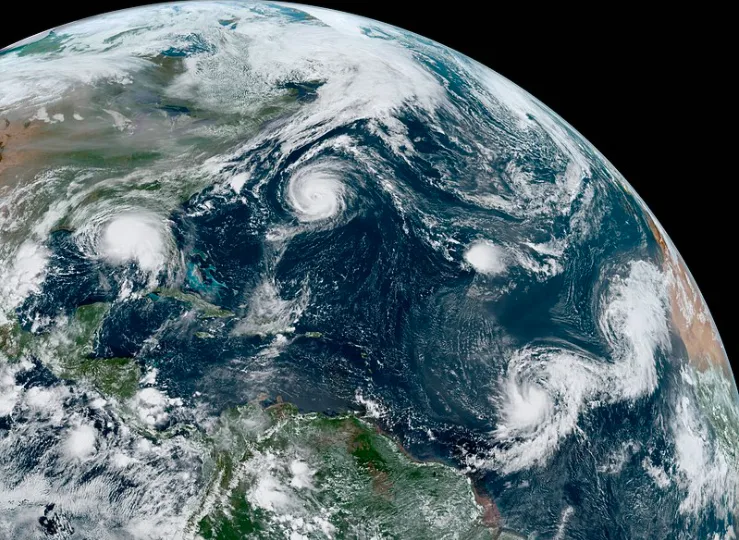
Five simultaneous tropical cyclones active in the Atlantic on September 14: Sally (left), Paulette (center left), Rene (center right), Teddy (bottom right), and Vicky (far right). Many climatologists say the 2020 Atlantic Hurricane season was influenced by warming atmospheric temperatures. Credit: NOAA
What Phillips also makes clear is that the climate has not necessarily caused these weather events, but instead, the climate has set the scene, or the stage, for the disasters to have more impact. He considers the recent hurricanes in the Atlantic basin as examples. It is not just that the storms were more intense; it is also higher sea levels that concurrently caused more significant damage. Similarly, Phillips also speaks about the succession of events that follow a wildfire. Once a mountainside has been cleared of timber and all the vegetation is gone, when the subsequent rains come, we witness landslides and flooding. One disaster, “begets the other.”
While climate change is inevitable, with the continued use of fossil fuels, Phillips remains optimistic about specific steps we can take. During his upcoming webinar, he will also address adaptation strategies for mitigating climate change. In Canada, “85 per cent of us live in cities of over 10,000 people. And when you continue to bulldoze and pave over green infrastructures like wildlands and woodlots and turn them into grey infrastructure, that is, parking lots and strip malls, you change the way in which the ground stores and absorbs water.”
Phillips continues, “we’ve re-engineered the planet.” “It doesn’t matter how dry Ottawa or Toronto is, a raindrop becomes a flood drop.” He notes, “you can't prevent the weather, but you can prevent disasters, and I think that adaptation is very much part of it.”
He also recognizes most Canadians agree. “You do polling in Canada and you find the vast majority of Canadians think climate change is happening, the climate is different from when they were young, and there is a concern.” “People are thirsty to do something about it.”
More information about Phillips’s webinar can be found here.
Thumbnail credit: Adobe Stock
